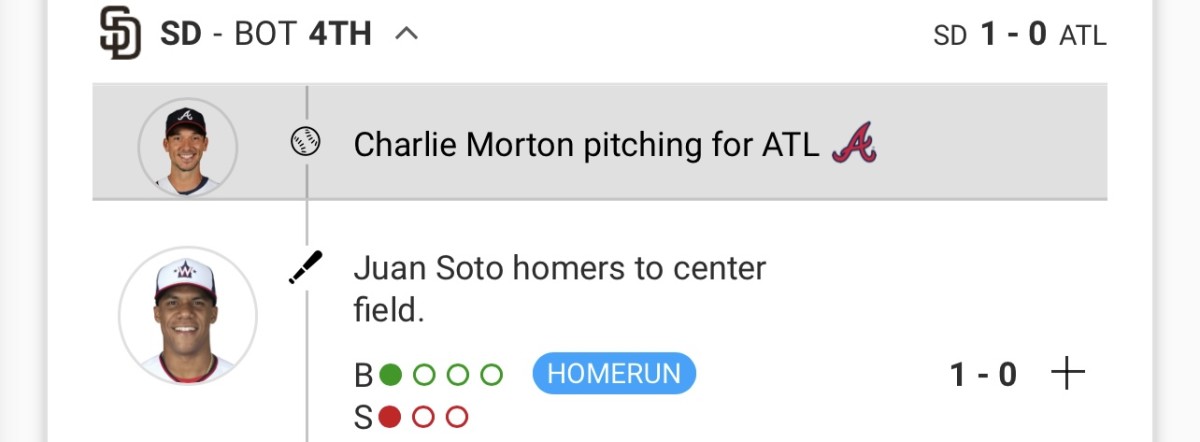Congo's Cobalt Export Ban: Market Awaits Quota Plan

Table of Contents
The DRC's Cobalt Export Ban: A Closer Look
The DRC's decision to ban raw cobalt exports is a bold move with far-reaching consequences. Understanding the motivations behind this ban is crucial to predicting its impact.
Reasons Behind the Ban:
- Increased Domestic Processing: The DRC aims to transform its cobalt industry, moving beyond raw material exports to generate higher value from its abundant resources. This involves establishing a robust domestic refining and processing sector.
- Foreign Investment Attraction: The ban is intended to incentivize foreign investment in cobalt processing facilities within the DRC, creating jobs and technological advancements. This would lead to a more sophisticated and diversified cobalt industry.
- Revenue Generation and Job Creation: Processing cobalt domestically will generate significantly more revenue for the DRC compared to exporting raw materials. This translates to increased employment opportunities and economic growth within the country.
- Reduced Reliance on Raw Material Exports: The ban aims to reduce the DRC's dependence on exporting unprocessed cobalt, making it less vulnerable to price fluctuations in the global commodities market. This strengthens the country's economic independence.
Immediate Market Reactions:
- Cobalt Price Volatility: The export ban immediately created price volatility in the cobalt market, with prices fluctuating significantly due to supply concerns. This uncertainty affects all stakeholders along the cobalt supply chain.
- Supply Chain Disruptions: Battery manufacturers, heavily reliant on cobalt for lithium-ion batteries, face potential supply chain disruptions, impacting their production schedules and potentially delaying the rollout of electric vehicles (EVs).
- Increased Scrutiny of Ethical Sourcing: The ban has brought renewed focus on ethical sourcing and the need for transparency in the cobalt supply chain. Concerns about artisanal mining practices and human rights violations within the DRC's mining sector have been amplified.
- Search for Alternatives: The ban has spurred a search for alternative cobalt sources, including recycling initiatives and exploration of cobalt-free battery technologies. This accelerates the need for sustainable and responsible cobalt sourcing.
Short-Term and Long-Term Impacts:
- Short-Term Impacts: In the short term, the ban may lead to cobalt shortages and price hikes, impacting various industries that rely on this crucial metal. The immediate availability of cobalt will be significantly reduced.
- Long-Term Impacts: The long-term aim is to establish a more sustainable and ethically responsible cobalt industry within the DRC. This would benefit both the country and the global market by promoting transparency and fairness.
The Anticipated Quota Plan: Details and Challenges
The success of the export ban hinges on the implementation of a well-designed quota plan for cobalt exports.
What is the Quota Plan?
- Export Permit Allocation: The quota plan will allocate export permits for specific quantities of cobalt, carefully balancing the needs of domestic processing with international demand. This controlled approach aims for a stable market.
- Balancing Domestic and International Needs: The plan aims to ensure sufficient cobalt is available for domestic processing while meeting global demand to avoid significant market disruptions. A delicate equilibrium needs to be struck.
- Transparency and Traceability: A well-structured quota system can improve transparency and traceability in the cobalt supply chain, addressing ethical sourcing concerns and promoting responsible practices.
Challenges in Implementation:
- Fair Quota Distribution: Ensuring fair and equitable distribution of quotas amongst various miners and processors will be a significant challenge. Transparency and non-discriminatory mechanisms are vital.
- Combating Illegal Mining: Preventing illegal cobalt mining and export is crucial for the long-term success of the quota plan. Effective monitoring and enforcement measures are necessary.
- Managing Conflicts of Interest: The potential for conflicts of interest and corruption needs to be addressed to ensure that the quota system is fair and operates with integrity. Robust anti-corruption measures are essential.
- Global Supply Chain Coordination: Coordinating a global cobalt supply chain under a quota system will present a logistical and administrative challenge, requiring effective international collaboration.
Impact on the Global Electric Vehicle (EV) Industry
The DRC's cobalt export ban and the subsequent quota plan have significant implications for the global electric vehicle (EV) industry.
Cobalt's Crucial Role in EV Batteries:
- Key Battery Component: Cobalt is a crucial component in lithium-ion batteries, powering the majority of electric vehicles. The dependence on cobalt is substantial for current battery technologies.
- EV Market Growth: The rapid growth of the electric vehicle market has dramatically increased demand for cobalt, making the DRC's actions particularly impactful.
- Alternative Battery Chemistries: The cobalt export ban has accelerated research and development into alternative battery chemistries that require less or no cobalt. This could reshape the battery market over time.
Supply Chain Vulnerability and Diversification:
- DRC's Dominant Position: The DRC's dominant position in the cobalt market creates a significant vulnerability for the EV industry, highlighting the need for diversification of cobalt sources. Reducing this dependence is crucial for stability.
- Alternative Cobalt Sources: EV manufacturers are actively seeking alternative cobalt suppliers and exploring other sources to mitigate supply chain risks. This search involves greater scrutiny of sourcing practices.
- Cobalt Recycling: Increased interest in cobalt recycling and responsible sourcing is essential to secure a sustainable supply chain for the EV industry. This move towards circularity is becoming increasingly critical.
Conclusion
The DRC's cobalt export ban and the upcoming quota plan represent a significant turning point in the global cobalt market. While aiming to stimulate domestic development and enhance ethical sourcing practices, the implementation of the quota plan faces considerable challenges. The impact on the electric vehicle industry and the global economy is still unfolding. Continued monitoring of the situation and the development of proactive strategies for mitigating supply chain risks are crucial for stakeholders across the industry. Staying informed about the evolving details of Congo's cobalt export ban and quota plan is essential for anyone involved in the battery metals or electric vehicle sectors. Understanding the implications of this policy shift will be critical for navigating the future of cobalt sourcing and pricing. Effectively managing this transition requires close monitoring of the Congo's cobalt export ban and its quota plan.

Featured Posts
-
 Luis Arraez And Jason Heyward Power Padres Sweep Pursuit
May 16, 2025
Luis Arraez And Jason Heyward Power Padres Sweep Pursuit
May 16, 2025 -
 Padres Road Trip Begins Pittsburgh First Stop On Extended Journey
May 16, 2025
Padres Road Trip Begins Pittsburgh First Stop On Extended Journey
May 16, 2025 -
 Auto Dealers Double Down On Resistance To Ev Mandates
May 16, 2025
Auto Dealers Double Down On Resistance To Ev Mandates
May 16, 2025 -
 Tom Cruise Still Owes Tom Hanks A Dollar The Unpaid Acting Debt
May 16, 2025
Tom Cruise Still Owes Tom Hanks A Dollar The Unpaid Acting Debt
May 16, 2025 -
 The New Android Design Language A Deep Dive
May 16, 2025
The New Android Design Language A Deep Dive
May 16, 2025
Latest Posts
-
 Gurriels Pinch Hit Delivers Padres Win Against Braves
May 16, 2025
Gurriels Pinch Hit Delivers Padres Win Against Braves
May 16, 2025 -
 Rays Commanding Sweep Of Padres Key Moments And Player Highlights
May 16, 2025
Rays Commanding Sweep Of Padres Key Moments And Player Highlights
May 16, 2025 -
 Padres Defeat Braves Gurriels Clutch Pinch Hit Rbi
May 16, 2025
Padres Defeat Braves Gurriels Clutch Pinch Hit Rbi
May 16, 2025 -
 Pinch Hit Magic Gurriels Rbi Single Propels Padres To 1 0 Win Over Braves
May 16, 2025
Pinch Hit Magic Gurriels Rbi Single Propels Padres To 1 0 Win Over Braves
May 16, 2025 -
 Padres Fall To Rays In Series Sweep Post Game Analysis
May 16, 2025
Padres Fall To Rays In Series Sweep Post Game Analysis
May 16, 2025
